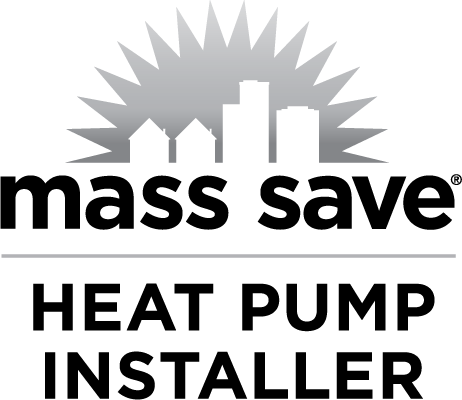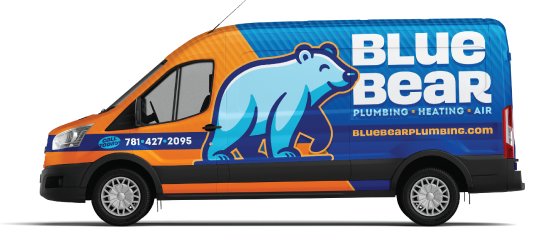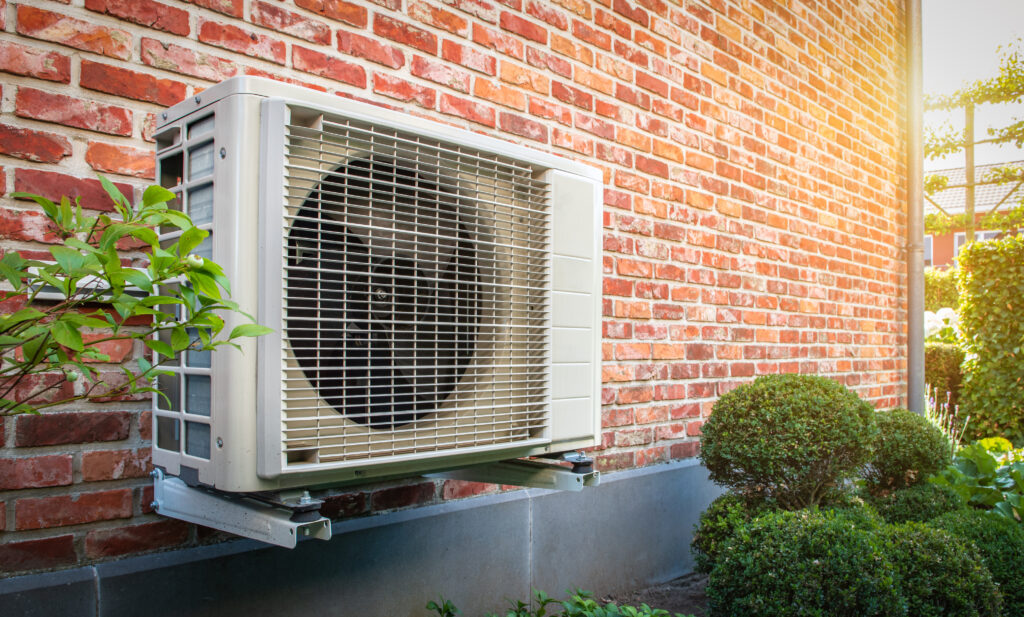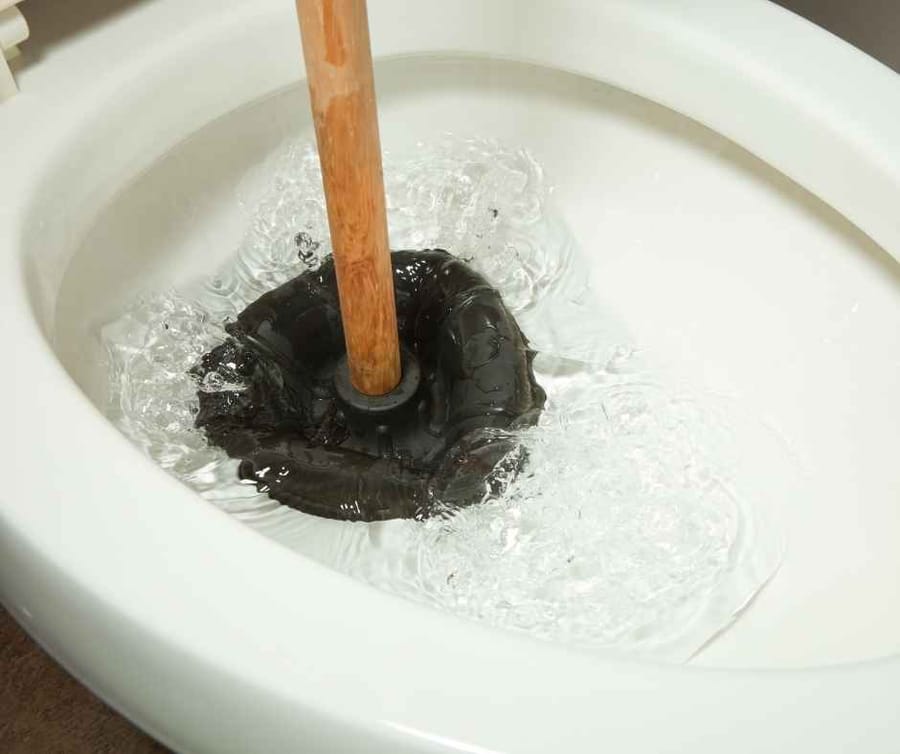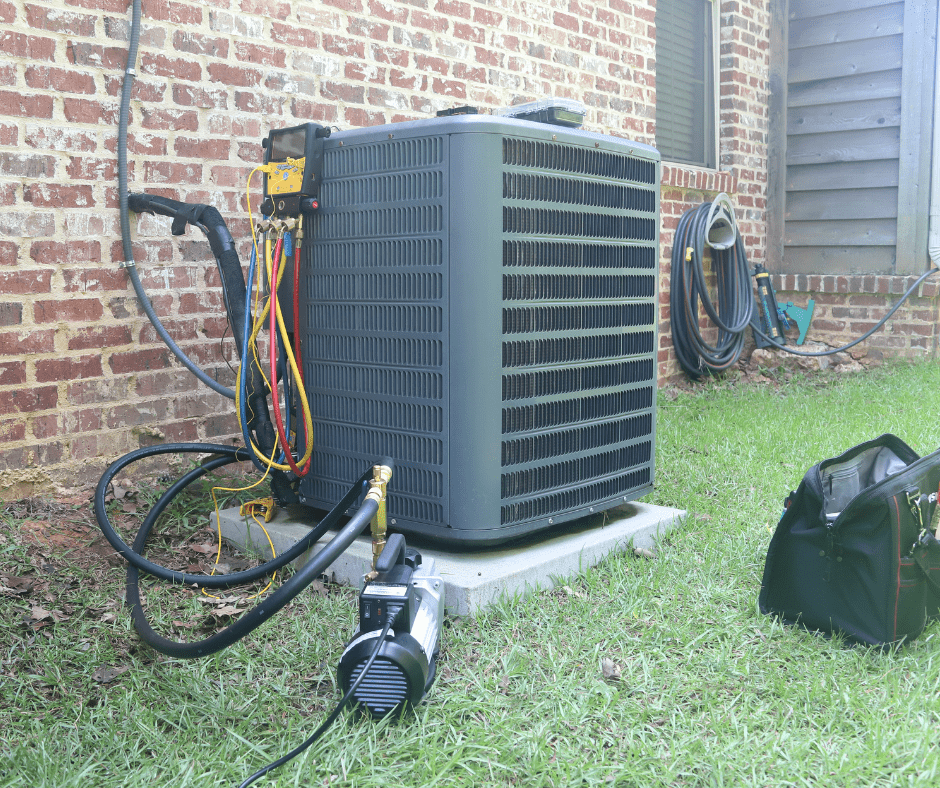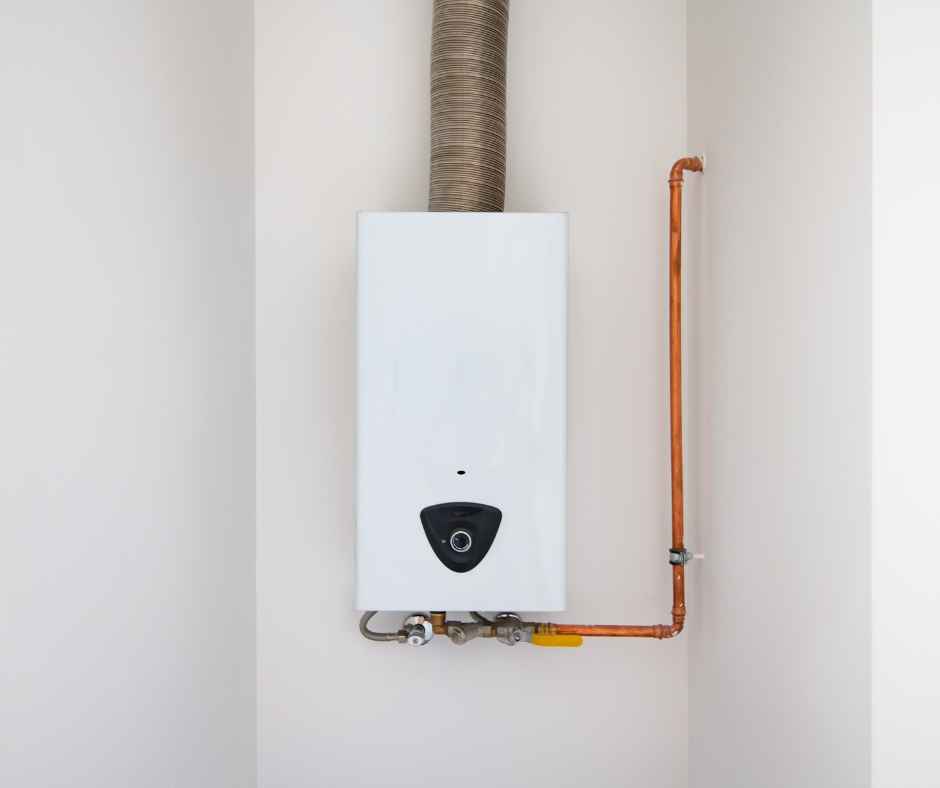What Does a New HVAC Installation Include?
Is it time to upgrade your South Shore home’s heating or air conditioning? Installing a new HVAC system can have a huge impact on your comfort, as well as your utility costs, with new models providing better performance and efficiency all around.
Knowing what to expect during an HVAC installation can help you prepare, as the process can take several hours to a few days to complete, and a few important decisions will need to be made.
Choosing Your New System
Every home is different, and to maximize your comfort, you will need to choose the best system for your needs and budget.
Your HVAC installer can guide you through the process, but here are the factors you’ll need to consider when selecting your system:
System Type
When replacing an HVAC system, the type of system you choose can determine how long the job will take and how hard it will be.
For example, replacing a furnace with a furnace is relatively simple, while replacing a heat pump with a furnace may be more complicated because a gas connection and a separate cooling system will be required.
The most common types of HVAC systems in the MetroWest region include:
- Ductless mini-splits are compact, easy to install, and extremely efficient. All systems provide cooling, and some provide heating through individual air handlers in each room.
- Heat pumps provide year-round comfort with heating and cooling. They’re the most environmentally friendly and energy-efficient HVAC option.
- Central AC units provide effective cooling and are typically combined with a furnace.
- Furnaces provide reliable heating in the coldest temperatures and are usually combined with a central AC system.
Energy Efficiency Rating
Your monthly utility bills will be directly affected by the efficiency of the HVAC equipment you choose. Depending on the system type, here are the ratings you need to look for to achieve the highest efficiency and lowest energy bills:
- SEER: The seasonal energy efficiency ratio describes the amount of electricity an air conditioner, heat pump, or mini-split uses to keep your home cool and comfortable during the cooling season. Higher numbers indicate a more efficient unit. They typically range from about 14 SEER to over 20 SEER.
- AFUE: The annual fuel utilization efficiency represents the combustion efficiency of an oil or gas furnace. A furnace with an 80% AFUE rating turns 80% of its fuel directly into heat for your home, while the rest is lost to the environment. The most efficient furnaces are rated at 97% AFUE or higher.
- HSPF: The heating seasonal performance factor indicates how efficient a heat pump or mini-split is during its heating mode. Higher numbers signal greater efficiency. 8.8 HSPF is the minimum rating required for new units. The best heat pumps are 10 HSPF or above.
Heating & Cooling Capacity
Your HVAC system must be sized for your home for efficient and reliable heating and cooling. A professional will need to calculate your required heating and cooling capacity using the standard ACCA Manual J procedure for the best results. This factors in:
- Home size or square footage
- Home layout
- The number of windows in a home
- Insulation quality
- The number of occupants in a home
- And more
Furnaces are typically rated by the number of British Thermal Units they produce. Air conditioners and heat pumps are often rated by tons of cooling capacity, equivalent to 12,000 BTUs.
Removing Your Old HVAC Equipment
HVAC systems contain plenty of recyclable metals but can also include potentially hazardous materials like ozone-depleting refrigerants, plastics, lead solder, heavy metals, and more.
A professional HVAC company can remove your HVAC equipment safely. They can recover and safely recycle the refrigerants, salvage the metal components, and properly dispose of the rest of the system.
Removing the old HVAC equipment is often included with a new HVAC installation or replacement.
Ductwork Replacement or Modification
If your ductwork is old, damaged, undersized, or incompatible with your new HVAC system, you may need to modify or replace it.
Ductwork configuration ensures your HVAC runs as efficiently as possible, and the return and supply airflow must be balanced to avoid pressure differentials that could harm your air quality and comfort.
Ductless mini-splits do not have any ductwork, so they can be a good option for homes that lack ductwork or have air ducts that would be too costly to modify.
Installing Your New HVAC Equipment
A typical HVAC installation will include several steps. Inside your home, a furnace or an air handler will be installed. Both contain:
- An air filter
- A blower motor
- A blower fan
- An evaporator coil
- A plenum
A furnace also has burners and a heat exchanger for heating the home in the winter. An air conditioner also has a condensate drain to collect moisture from the evaporator coils and dispose of it safely outside or through the home’s drain system.
For air conditioners and heat pumps, a condenser unit will be installed outdoors, which contains the compressor, condenser coils, and a fan to shed the heat from the coils. Refrigerant lines will be installed to move refrigerant in a loop between the compressor, evaporator coils, and condenser coils.
If needed, new breakers will be installed to power the heating and cooling systems, as well as any wiring necessary to connect both the interior and exterior portions of the system.
A new thermostat will be installed, or the existing unit can be reconfigured to control the new system.
Testing Your New HVAC System
Once your new HVAC system is installed, all that is left to do is test it. Your HVAC installer will explain how to use the system and run it through its paces, testing the heating and cooling output, checking temperatures, and ensuring everything operates as it should.
Choose Blue Bear for Expert HVAC Installations in the South Shore
Are you ready for an HVAC upgrade? For the highest-quality HVAC installations and replacements in the South Shore or Metrowest, turn to the locally owned and operated team at Blue Bear Plumbing, Heating & Air.
Our friendly, certified technicians have plenty of experience in providing seamless installations. We also offer flexible financing options and only the best HVAC equipment from top manufacturers like York and Haier.
All of our services are backed by a 100% satisfaction guarantee, and our customer reviews are proof of our commitment to great service.
Call us today at (781) 706-4682 to request HVAC installation or replacement in the MetroWest.
Contact Us Today
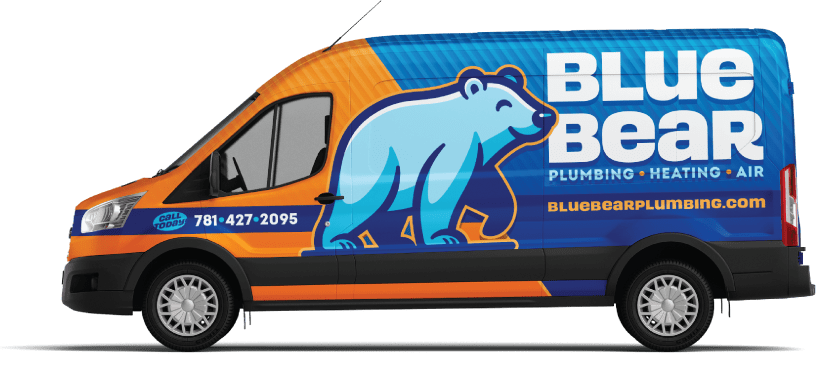
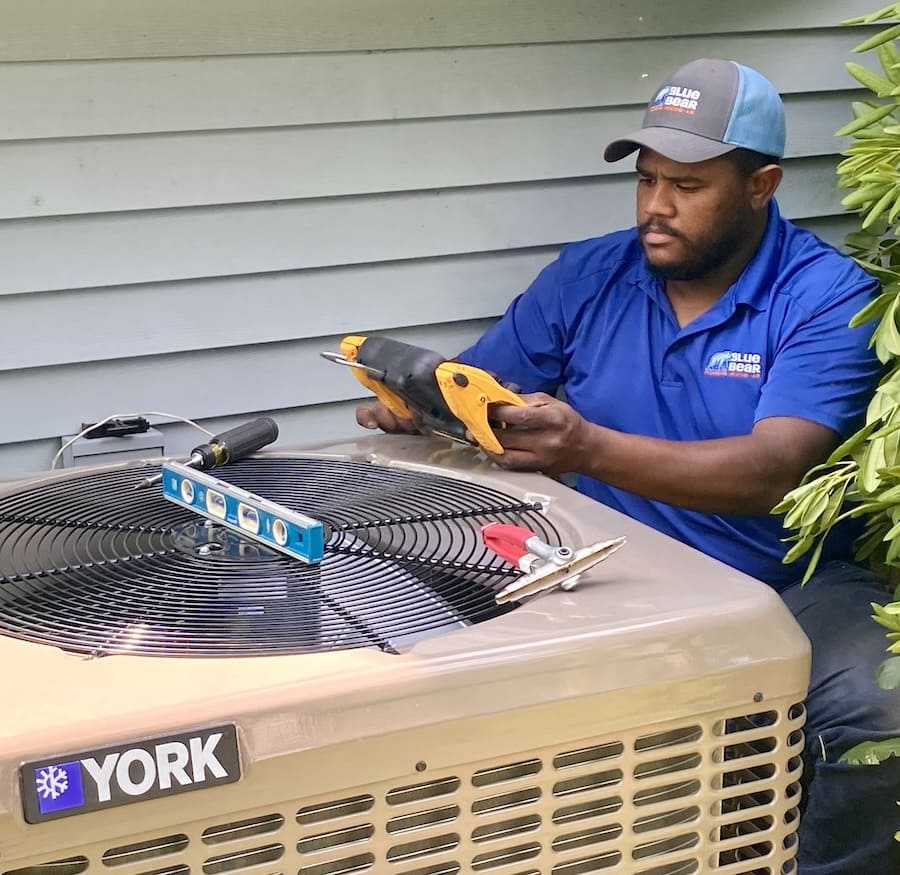

Routine maintenance is vital for the longevity of your plumbing, heating, and air conditioning systems. Sign up for our Blue Care Maintenance Plan for annual service and exclusive membership benefits, including:
- Priority scheduling
- Waived service fee during normal business hours
- 10% discount on service calls
- 3% discount on new installations
- Two-year parts and labor warranty on new equipment

